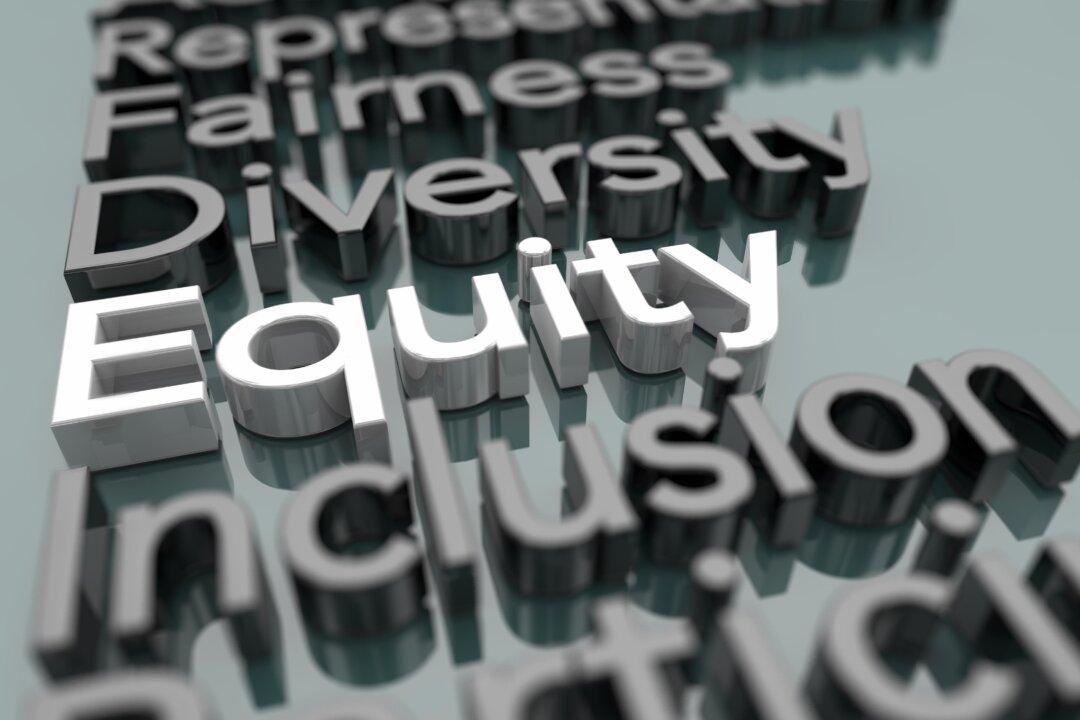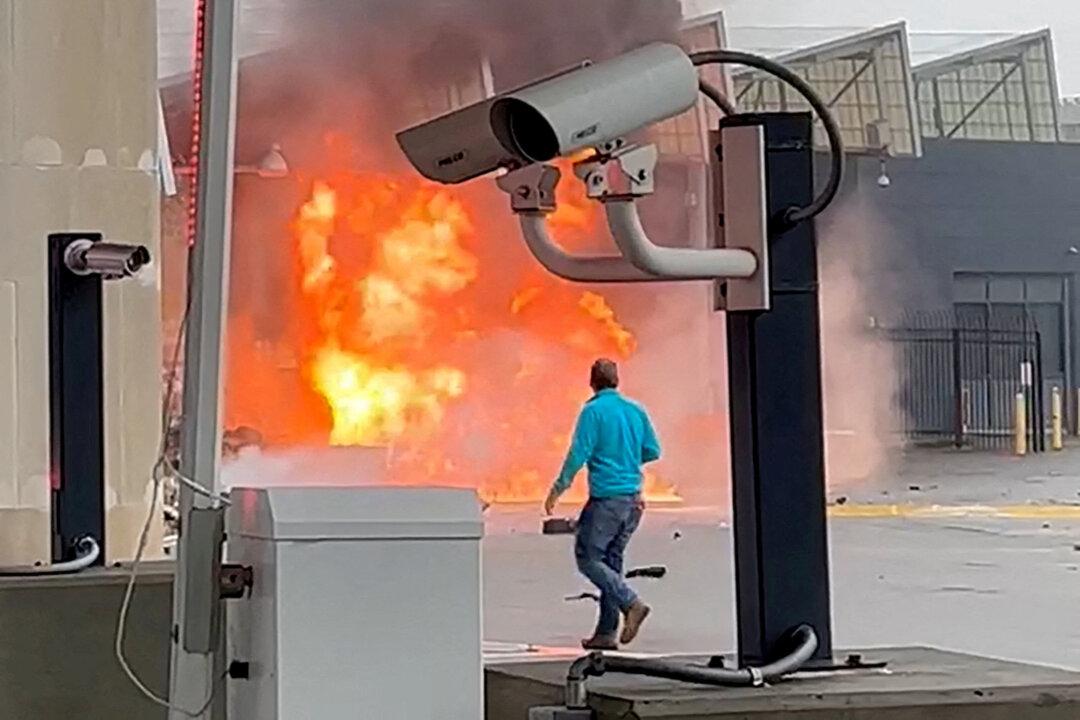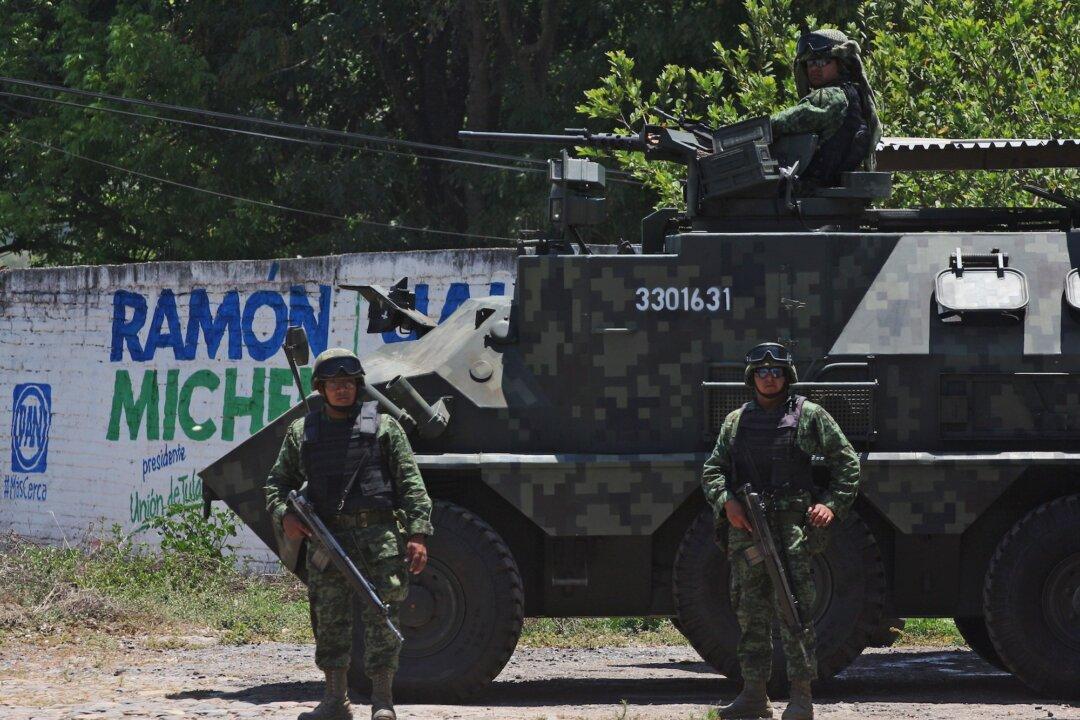Commentary
Am I the only one who’s noticed a softening of our language over the years? There’s been an effort to add padding to the word selections we’re supposed to use in different scenarios, and the more heinous the action, the stronger the effort to soften its impact on the American viewpoint.





